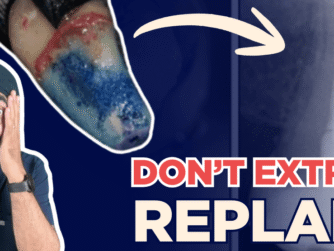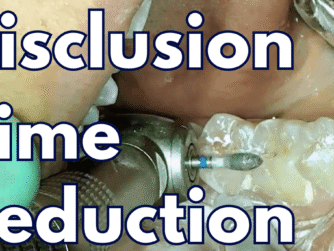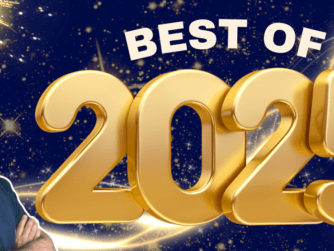Podcast: Play in new window | Download (Duration: 38:18 — 55.1MB)
Subscribe: RSS
Dentistry is busy. How can we make sure that we live a balanced and fulfilled life in our hectic profession? As an associate, I am already struggling with time, I often wonder how practice principals and specialists play this game?! I am joined by my dear friend, Dr. Ricky Bhopal Specialist Prosthodontist to discuss how we work smarter and not harder.
Protrusive Dental Pearl: Do you carry out virtual consultations with your patients to discuss Orthodontics (Invisalign) or Smile Makeovers? How do you make notes for this? I am enjoying using Otter.ai to transcribe our Zoom virtual consultation
In this episode we discuss:
- Ricky’s top tips to be productive and overcome procrastination
- How to make time for our loved ones and hobbies
- What is green space and why is it so important?
- How can we live a more fulfilling life as a Dentist?
If you enjoyed this episode, you will enjoy How to Win at Life and Succeed in Dentistry!







